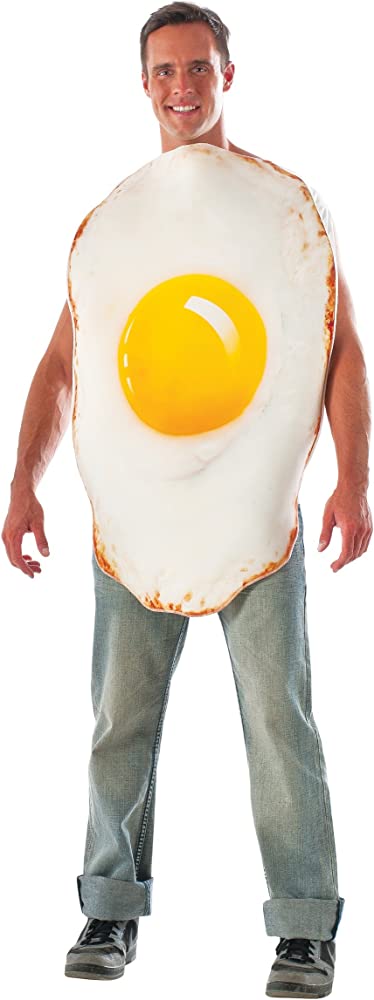Too often there is this separation we invent where misogyny is a ubiquitous tool of patriarchy while misandry is somehow separate. This becomes so intense that many are not even able to admit that misandry is even theoretically possible, and even if it’s undeniable it is still seen as highly irrelevant to patriarchy.
But misandry does advance patriarchy and it is a force that intensifies misogyny.
Consider homophobia. This is an obvious case where misandry advances heretopatriarchy. Certain men can entrench their status through an infrastructure of hatred against homosexual men that can be accessed by nearly everyone else as well.
Consider transphobia. Another obvious realm where misandry is at play. Trans men are shown hatred in ways that are unique to the experience of cis men, and these experiences drive cis heteronormativity.
Consider how our actions and ideas impact the world. If we live in denial of misandry we live in denial of patriarchy. Denying misandry does not make you a quality feminist. It does not make you theoretically sound. Hating men just gets in the way of challenging patriarchy.
Consider how misandry enforces gender roles. Misandrous discourse functions to discipline people. When misandry is denied, there is almost always an element of “you have to man up, because women are weak.” The narrative is familiar; women are subjected to patriarchal violence and are thus too hysterical to have sound or reasonable options about men, thus, men must internalize misandrous attitudes out of sheer emotional intelligence and masculine willpower. The men who fail to do this are weak, unable to maintain a rational, stoic attitude and are thus lesser, unmasculine men. Men who can master their performance of masculinity in a self-denying or sacrificial way will benefits from misandry but will certainly be thoroughly disciplined by it.
Women, other non men genders,and queer communities often play a role in policing masculinity for patriarchy which may obfuscate the patriarchal power at play. This ultimately reinforces misogyny by haphazardly enforcing binaries, devaluing feminity, and promoting a supremacist view of masculinity.
Let me paint a situation. Imagine a comedian making a joke about their trans wife; that she removed the worst part of her–being a man. Everyone laughs in support of trans women and implicitly they laugh AT trans men and cis men. Next joke is about how stupid bisexual women are for dating men, how they make the queer community worse.
Now imagine you are a man who wants a little clarity in life. How should you feel about such language which is clearly both misandrous and misogynistic? How should you feel that it is directed at you, as a man? I’ll tell you:
You should feel safe because you are a man. If you don’t feel safe it’s because you are a weak man, incapable of performing.


I agree in principle about the idea, that if any one were to deny the ways patriarchy hurts men too, this would suggest an underlying misunderstanding of the oppressive structures that are responsible. This then would serve to strengthen those structures and come back to hurt women and white people too. But is this a common problem on the left? In my experience not really, most feminists understand this already. Hooks book is an example. But It seems you personally had negative encounters. Maybe a less abstract, not open ended post with more “I”-messages like “I felt hurt, when…” and “What I need to feel safe in spaces is…” or “how can I best communicate my boundaries about…, while also being mindful of…?” would serve your needs better than a post about theory or framing it as a debate? Without sensationalizing of course.
Hope I’m not being to presumptuous comrad, but I might understand, I tend to jump immediately to abstraction when hurt, because it helps me to distance myself from my own difficult feelings. That’s not really helpful in understand them and it also doesn’t help in communicating them to others. It’s another thing about male socialization. I try to be conscious of that tendency and avoid it when possible.
I’m not assuming, you personally want to start an org or anything. The reason why I centered my argument around which term is useful for organizing is, that that’s the main reason terms could ever matter: how they impact the world in our struggles. Terms can’t be inherently right or wrong outside of this.